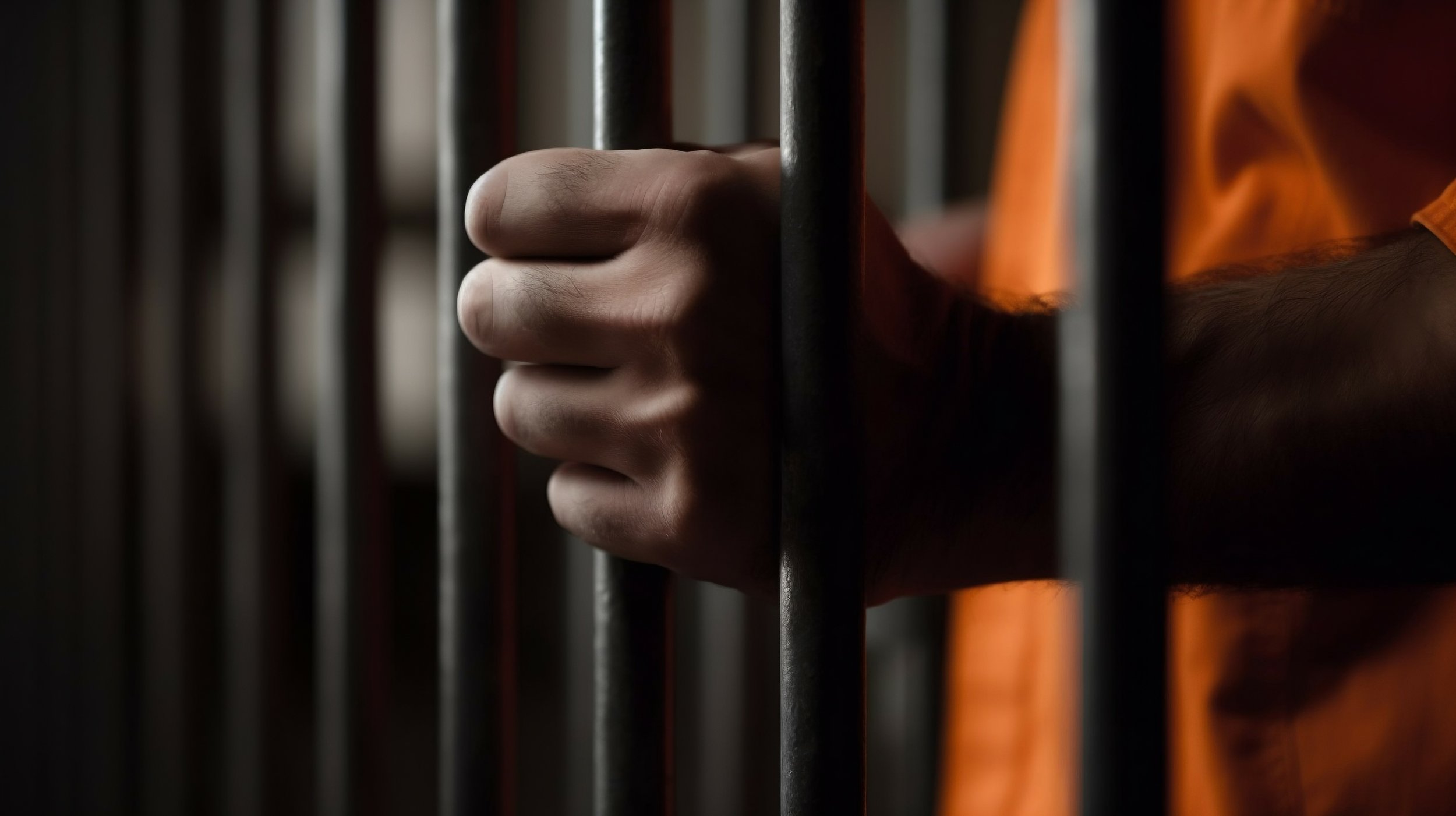FOR IMMEDIATE RELEASE
December 1, 2023
Contact Debbie Norman
(505) 764-8867
outreach@unitedsouthbroadway.org
Access to Housing Will Result in Less Crime
By Saba Ijadi, Community Engagement Specialist, ACLU of New Mexico
Affordable housing is an important component to increasing public safety and reducing recidivism, but increasing the housing supply alone is not enough.
To effectively address New Mexico’s housing and homelessness crisis, we must invest in housing and programs specifically designed to support people experiencing homelessness, substance use disorder, and those returning from incarceration.
According to the Prison Policy Initiative, at least 63% of unhoused people with mental illness will be arrested during their lifetimes, and formerly incarcerated people are 10 times more likely to be unhoused than the general population[1].
New Mexico can break the cycle of arrest, incarceration, and homelessness by shifting focus and resources from criminalization to supportive housing, such as well-designed and adequately resourced housing-first programs[2]. These programs provide permanent, supportive housing for people experiencing chronic homelessness, substance use disorder, and mental illness.
Under the housing first model, housing and voluntary-entry services are provided immediately and without conditions as a first response to homelessness. Housing-first programs across the country have resulted in fewer arrests, less incarceration, and reductions in the use of emergency detox services[3].
We must also remove barriers to housing for New Mexicans with criminal records and those returning from incarceration. Ensuring someone who is re-entering society can achieve economic dignity and have a roof over their head is crucial in preventing further criminalized behavior. Unfortunately, we haven’t prioritized this issue and the data shows it. The National Inventory of Collateral Consequences of Conviction identifies nearly 1,300 criminal record-related barriers to housing access across state and local jurisdictions, and 26 barriers at the federal level which further restrict housing access.
The impacts of being entangled in the criminal legal system go far beyond prison walls and have contributed to ongoing homeownership and wealth inequity in our state, only making our biggest systemic challenges worse.
New Mexico has an opportunity to ensure racial and economic justice by investing now in supportive housing and removing barriers to housing that are collateral consequences of conviction. These actions will go a long way toward promoting public safety, reducing the pressures on the criminal legal system, and most importantly, ensuring that every New Mexican has a fair chance to attain and remain in stable affordable housing.
###
[1] Couloute, L. (2018) Nowhere to go: Homelessness among formerly incarcerated people, Prison Policy Initiative. Available at: https://www.prisonpolicy.org/reports/housing.html#:~:text=In%20this%20report%2C%20we%20provide,homeless%20than%20the%20general%20public
[2] Housing first (2022) National Alliance to End Homelessness. Available at: https://endhomelessness.org/resource/housing-first/
[3] Nam-Sonnenstein, Brian (2023). Seeking shelter from mass incarceration: Fighting criminalization with Housing First. Available at: https://www.prisonpolicy.org/blog/2023/09/11/housing-first/


